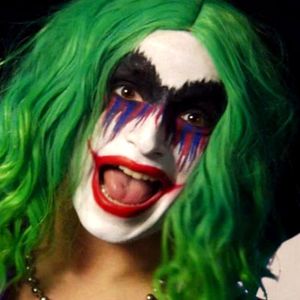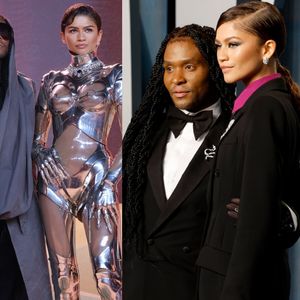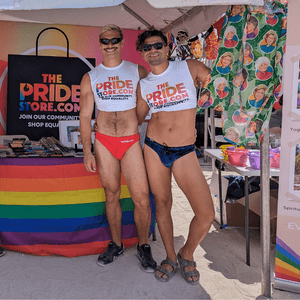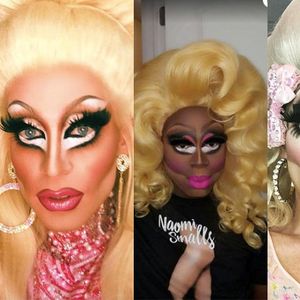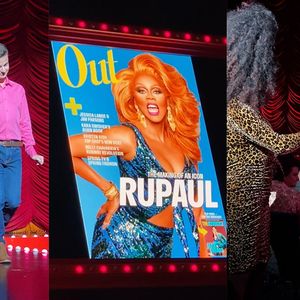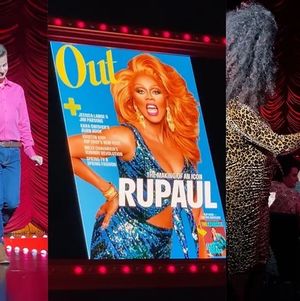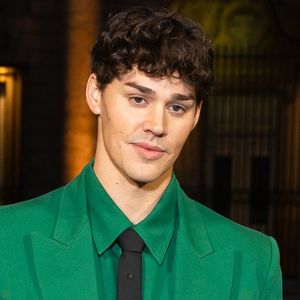Henry Willson,
the agent who masterminded Rock Hudson's career along with
those of such other Hollywood hunks--straight and
gay--as Troy Donohue and Tab Hunter, had rules
for his gay clients. "No two men can live together and
have a career in Hollywood," he advised one of his
actors in the 1950s. "It is not allowed. You'll ruin it all
if you live with this other man."
If Willson, who
died in 1978, were still alive, Hollywood's changing
attitudes toward homosexuality would probably leave him at a
rare loss for words. Although no A-list star has yet
emerged to challenge Willson's long-held belief that
the public will not accept an openly gay leading man,
in most other respects the scene has changed dramatically.
Ang Lee's
Brokeback Mountain, a tale of two men
struggling with their attraction for each other, already is
positioned as one of this year's major awards
contenders. Performances like Philip Seymour Hoffman's
portrayal of the title character in Capote and
Cillian Murphy's turn as a cross-dresser in
Breakfast on Pluto are drawing raves. And
though they haven't crossed over into the territory of
romantic leading men, openly gay actors Nathan Lane and
Anthony Rapp are headlining the films The
Producers and Rent, with both Broadway-trained
actors playing thoroughly hetero characters.
By contrast, the
'50s, when Hudson reigned as the country's top box
office draw and Willson, one of Hollywood's leading agents,
commanded the best tables at Ciro's and the Mocambo,
was far more rigid and closeted. It was hardly
straitlaced, though, because the decade also harbored a
subterranean gay culture with its own elaborate codes and
customs.
In the newly
published The Man Who Invented Rock Hudson: The Pretty Boys
and Dirty Deals of Henry Willson, Robert Hofler offers a fascinating, compulsively
readable account of an era that contrasts starkly to
our own. Willson, born in Lansdown, Pa., the son of an East
Coast record company executive, migrated to Hollywood in the
'30s, first working as a fan-magazine writer
chronicling the migration of Broadway talent attracted
by the talkies. By the '40s he had become producer David
O. Selznick's head of talent, where his duties included
squiring Selznick's star and paramour, Jennifer Jones,
around town. By the '50s, Willson had gone into
business for himself, representing a growing stable of
clean-cut, hypermasculine stars who appealed to the
bobby-soxers who drove the box office.
He also became a
controversial figure. When the gossip magazine
Confidential threatened to expose Hudson, Willson
fended off the scandal, possibly working through
intermediaries, by feeding the magazine
information about Rory Calhoun's criminal record and
Hunter's attendance at an all-male "pajama party." Willson,
gay but homophobic and politically conservative,
maintained a straight persona--President
Truman's daughter Margaret was just one of several
dates he claimed was his "fiance." But his lecherous
reputation was an open secret in Hollywood--so
much so that in later years many of his clients, both
straight and gay, would deny he ever represented them.
Nevertheless,
Hoffler makes a compelling argument that Willson, though
hardly laudable, served an important function. Such
womanizing moguls as Selznick, Darryl Zanuck, and
Harry Cohn might have had an eye for identifying
female stars. But at a time when female executives didn't
exist, Willson and other gay agents and managers took on the
job of identifying and grooming many of the male stars
who brought in female ticket buyers. In short, they
turned matinee idols into gold. (Gregg Kilday, via
Reuters)







































